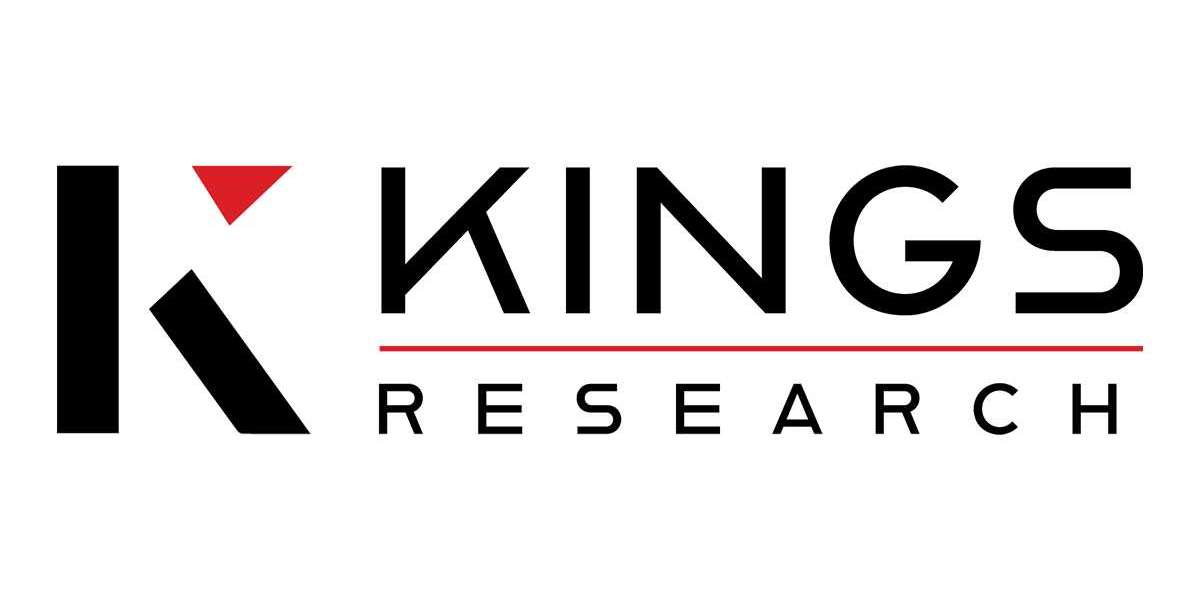When a company decides to go public, it embarks on a transformative journey that involves rigorous preparation, strategic planning, and compliance with numerous regulatory standards. Among these essential steps, one critical factor stands out—maintaining transparent financials. Clear and accurate financial reporting not only builds investor trust but also ensures a smoother IPO process. This blog dives into the significance of transparent financials in IPO success, common challenges, and steps businesses can take to stay ahead.
What Are Transparent Financials?
Transparent financials refer to the practice of presenting an organization's financial data in a clear, honest, and detailed manner. This includes:
- Accurate Financial Statements: Presenting a true representation of a company's earnings, assets, and liabilities.
- Comprehensive Disclosures: Providing detailed insights into revenue streams, expenses, market risks, and any other relevant metrics.
- Regulatory Compliance: Adhering to industry-specific financial standards, including guidelines set by SEBI in India.
Transparent financials are not just a regulatory formality—they are the foundation of investor confidence and market credibility.
Why Transparent Financials Matter for IPO Success
When preparing for an IPO, financial transparency is crucial. Here's why:
1. Building Investor Confidence
Investors are naturally cautious when putting their money into an organization. Transparency helps reduce uncertainty and assures investors that the company is reliable, reducing perceived risks.
2. Regulatory Compliance
The Securities and Exchange Board of India (SEBI) has strict disclosure norms for IPO-bound companies. Inadequate or misleading financial disclosures can delay the approval process or even result in legal penalties.
3. Market Reputation
A company with transparent financial practices is more likely to attract long-term investors. Strong financial reporting signals accountability, fostering trust among stakeholders.
4. Enhanced Valuation
Clear financials allow valuation experts to accurately assess a company’s worth. This ensures a fair Initial Public Offering (IPO) price, benefiting both the company and its investors.
Challenges in Achieving Transparent Financials
Transparency is often easier said than achieved. Companies face several challenges during this process:
- Inconsistent Accounting Practices: Small or rapidly growing businesses often struggle with standardized financial reporting.
- Complex Revenue Models: Startups, especially in tech or e-commerce, may have intricate revenue streams that are difficult to explain.
- Legacy Systems: Businesses operating on outdated accounting systems may encounter errors or discrepancies in their financial records.
- Lack of Expertise: Companies without access to IPO readiness advisory services may find it challenging to meet the stringent financial disclosure requirements.
Steps to Ensure Transparent Financials Pre-IPO
Achieving transparency requires a structured approach. Below are some actionable steps to ensure clear financial reporting:
1. Conduct Financial Audits
Regular financial audits are essential to identify and correct discrepancies. Audits also help establish the credibility of financial statements.
2. Upgrade Accounting Systems
Switching to modern accounting tools ensures real-time tracking of financial data, reducing the likelihood of errors.
3. Engage Financial Experts
Professional IPO readiness advisory services can guide companies through the complexities of regulatory compliance and accurate financial reporting.
4. Prepare Detailed Disclosures
Focus on comprehensive reporting, including:
- Revenue streams and sources.
- Detailed expense breakdowns.
- Liabilities, risks, and contingent factors.
5. Align with SEBI Regulations
Adherence to SEBI’s guidelines is non-negotiable. Companies should work closely with legal and financial experts to ensure compliance.
Case Studies: Transparent Financials in Action
Success Story: Infosys
Infosys set a benchmark for transparency during its IPO in the 1990s. The company’s clear financial disclosures and consistent growth attracted significant investor interest, paving the way for its stellar market performance.
Failure Story: Satyam Scandal
The Satyam Computers fraud highlights the risks of opaque financial practices. Misrepresentation of revenue and assets led to a loss of investor trust and regulatory action.
Benefits of Transparent Financials Beyond the IPO
While transparency is critical during the IPO process, its benefits extend far beyond:
1. Improved Corporate Governance
Transparent financials promote accountability and ethical practices within the organization.
2. Ease of Compliance Post-IPO
Public companies are subject to continuous reporting requirements. Transparent financial systems make it easier to comply with these obligations.
3. Attracting Long-term Investors
Investors prefer companies with a history of clear financial reporting, ensuring a steady influx of capital.
Read: What is IPO Support?
Common Mistakes to Avoid
Even well-prepared companies can make errors that hinder transparency. Avoid these common pitfalls:
- Skipping Regular Audits: Neglecting audits can lead to undetected discrepancies.
- Inadequate Risk Disclosures: Downplaying potential risks can backfire later.
- Overstating Financial Health: Misleading figures may attract short-term gains but damage long-term trust.
Role of IPO Support Consulting in Financial Transparency
Professional advisors play a pivotal role in helping companies achieve financial transparency. Here’s how they assist:
- Streamlined Reporting: Experts ensure accurate and standardized reporting practices.
- Regulatory Compliance: Advisors help align financial statements with SEBI and other regulatory requirements.
- Valuation Accuracy: Financial experts facilitate fair valuation by providing clear, data-backed insights.
Engaging IPO readiness advisory services allows businesses to focus on their core operations while experts handle the complexities of IPO preparation.
Conclusion
Transparent financials are more than a checkbox in the IPO process - they are the foundation for trust, credibility, and long-term success. For Indian companies aiming to go public, prioritizing financial clarity is non-negotiable.
By conducting audits, upgrading systems, and engaging IPO readiness advisory services, businesses can navigate the complexities of going public with confidence. As companies embrace transparency, they not only ensure a successful IPO but also pave the way for sustainable growth in a competitive market.
Also, read:







